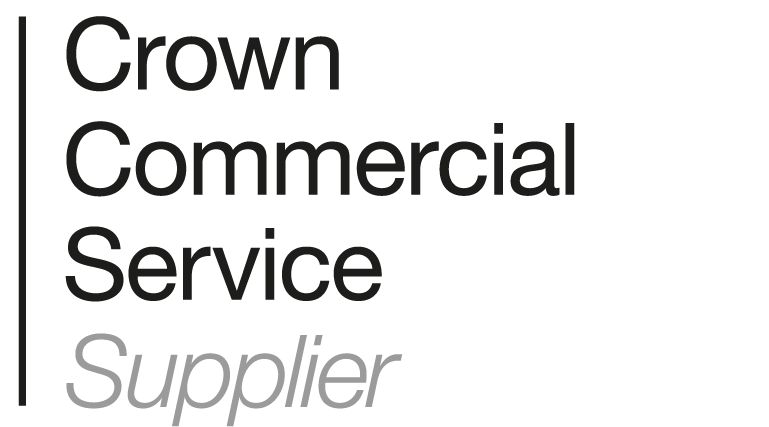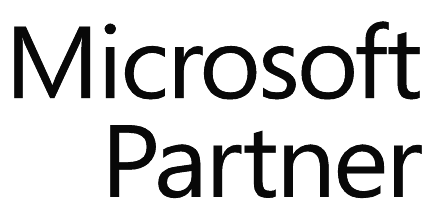[lastupdated]
There is a distinct buzz around mobile phone recording technology at the moment, primarily driven by the financial services market. The precursor for this was last year’s announcement by the Financial Services Authority (FSA) that all trade-related mobile phone conversations must be recorded.
Mobile Call Recording Markets
The recording of mobile phones is not a new idea. It is already operating successfully within the healthcare market with users such as out-of-hours service providers and GP’s recording the mobile phones of doctors and nurses for risk management and dispute resolution purposes. It has also been applied in the debt collection industry with the use of mobile technology improving the efficiency of connection between customer and advisor. The use of mobile phones by advisors in this sector has increased the number of customers answering or responding to calls to discuss their debt issues. There has also been increasing interest in the technology from the legal profession, so that client discussions whilst ‘on the move’ can be captured and kept on record.
Business Continuity
Organisations that record their calls are also currently investigating the merits of mobile phone recording technology as part of their business continuity strategy. Where snow disruption, power outages or a flu pandemic takes hold and offices are no longer accessible, business as usual can still be conducted via mobile phones with staff working from home or offsite. For those call centres and firms regulated by bodies such as the FSA, the Civil Aviation Authority, Ofcom and Ofgem, the ability to still have a recording of a conversation even through staff using mobile phones will be vital.
The Technology
Mobile Phone Recording technology is usually implemented by businesses in one of two ways. They can either leverage their existing call recording investment by using the existing on-premise call recording system to record the mobile traffic or alternatively they can use hosted technology to route calls to a hosted call recording platform. For smaller firms, the hosted solution is usually more cost effective and can work on a pay-as-you-go basis.
Cost Reduction
Possible cost savings are achievable by introducing a policy where all mobile phones issued to staff by a firm are recorded. With such a policy a firm should expect to see a reduction in the number of personal calls made on company mobile handsets. With estimates suggesting that 20-50% of calls made on company mobiles are personal, this could mean significant savings.
In conclusion the technology is available now, it will be rolled out throughout the financial services sector over the course of this year and is already being evaluated by a number of other industries for risk management and business continuity purposes. With the continued uptake of mobile phones, particularly among the younger, ‘mobile’ generation, this is a technology which forward-thinking organisations cannot really afford to ignore.
For more information on the different Mobile call recording options available to you check our our Mobile Call Recording Advice Hub section
Find out more about our mobile call recording technology















